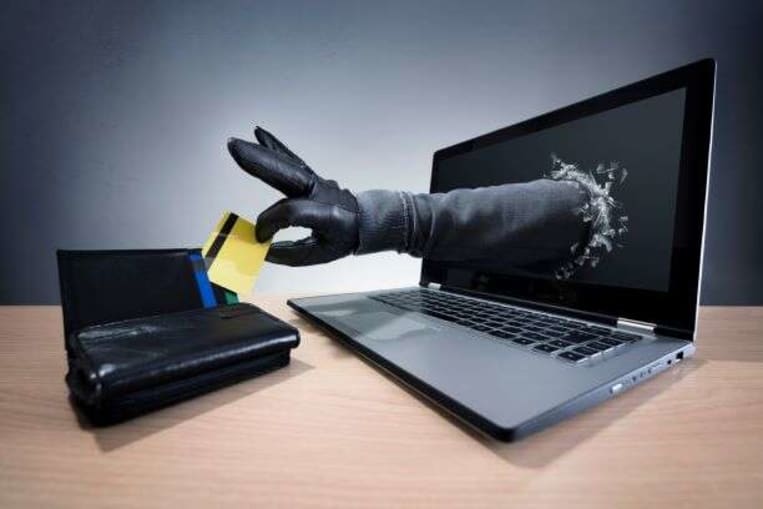
BBB Tip: Credit freezes and fraud alerts

(Getty Images)
Approximately 9% of U.S. households fall victim to identity theft each year, and those numbers are on the rise. Anyone whose personally identifiable information (PII) has been compromised in a data breach should consider options to protect their credit from being misused.
Consumers in the United States have access to a powerful tool -- the credit freeze -- to lock down their credit reports and prevent identity thieves from establishing new lines of credit in their names. Alternatively, you can place a fraud alert on your credit reports, although that provides less protection than a freeze.
Option 1: Credit Freeze
First, a credit freeze will not impact your credit score or impair your ability to use your existing credit cards. A freeze locks down your credit reports, which lenders use to determine your creditworthiness, not your actual credit.
Once you freeze your credit reports, opening new credit will require some advanced planning. You’ll need to request a temporary “thaw” with all three credit bureaus to allow lenders to access your reports. The entire online thaw request process for all three bureaus should take about twenty minutes, and your reports can be set to automatically re-freeze on a date you select.
Credit freezes and thaws are now free for all consumers, based on a federal law passed in 2018.
To thaw your reports, you’ll need to keep your login credentials with each bureau. Retrieving a lost PIN or user ID can be difficult and time-consuming. Protect your login information with each bureau as you would your birth certificate or other important documents.
Option 2: Fraud Alert
A fraud alert is a less drastic, but potentially less effective, protective measure. A fraud alert flags your credit reports, alerting potential lenders to verify the identity of anyone attempting to open an account in your name. Fraud alerts are free and don’t interfere with your ability to receive instant credit. However, fraud alerts rely entirely on the diligence of the person performing the credit check. Fraud alerts are also temporary and must be reinstated every 90 days in most cases.
It’s important to remember that while a credit freeze offers powerful protection, and a fraud alert may also be useful, neither is a guarantee. They will not prevent all forms of identity theft and will not protect you from misuse of existing accounts. Vigilance is key. Continue to regularly check your credit reports at www.annualcreditreport.com for unauthorized charges or other signs of fraud. This is the only free credit report authorized by the Federal Trade Commission.
Resources
Freeze your credit
To be effective, a freeze must be set up with all three credit bureaus.
Experian: experian.com/freeze/center.html
Transunion: transunion.com/credit-freeze
Equifax: equifax.com/personal/credit-report-services/
More on data breaches
BBB offers advice in the wake of a data breach
More on identity theft
The FTC offers an identity theft recovery plan tailored to your individual situation: identitytheft.gov
In Canada, visit the Financial Consumer Agency of Canada for information. https://www.canada.ca/en/financial-consumer-agency.html
Watch out for scams
Monitor your bank account and credit card statements online on a regular basis; don’t wait for your monthly statements.
Learn more about scams at bbb.org/scamtips. Report scams to BBB Scam Tracker at bbb.org/scamtracker.
Still Need Assistance?
Contact Your Local BBB
Your local Better Business Bureau can assist you with finding businesses you can trust. Start With Trust®.
Additional Resources
Let BBB help you resolve problems with a business
Research and report on scams and fraud using BBB Scam Tracker
Learn more about the value of BBB Accreditation